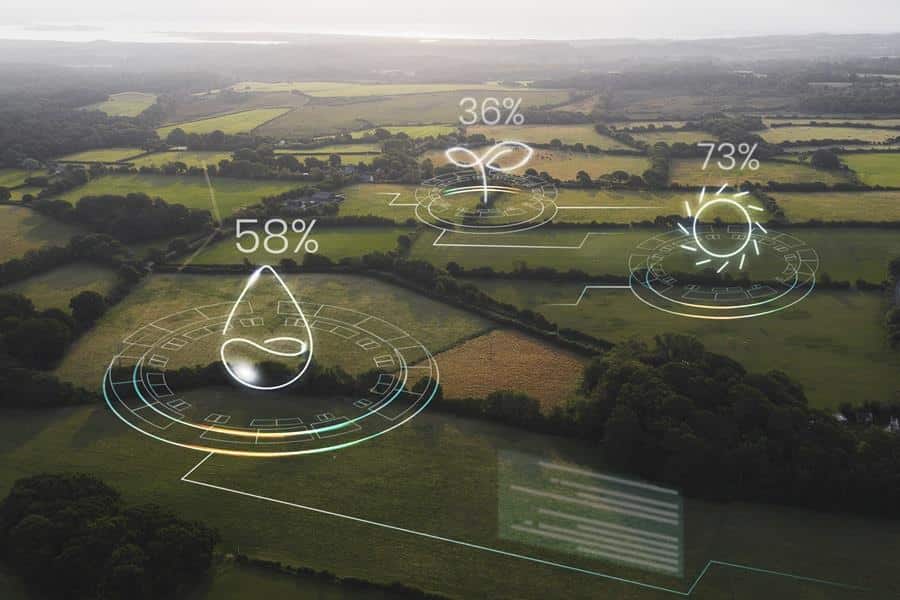The Ecology is the branch of biology that is dedicated to studying living beings from the point of view of the relationship they have with the environment in which they live and deals with knowing their abundance and/or distribution in a given area or region.
Also It is interrelated with other sciences such as biology, oceanography, geography and land sciences That, in turn, create sub -banks that allow studying and knowing the different factors that influence the study of ecology.
Ecology and Evolutionary Biology
A team of more than 300 researchers has published A study in the scientific journal BMC Biology which highlights the need to address analytical variability in research results. The results obtained are aligned with the growing recognition that many decisions that researchers must make – such as statistical methods – can lead to divergent conclusions even when the different options are all reasonable. This substantial variability has important implications for ecologists and other scientists who analyze the data.


To carry out the research, 174 teams of analysts who worked with research questions predefined by the directors of the study and analyzed the same data sets were formed, finding remarkably variable answers to the questions raised. These results highlight diversity in analytical decision making and shed light on possible sources of lack of reliability and bias in scientific processes.
“This ambitious study demonstrates in detail the potential that decisions taken during the data analysis process have for influence the statistical results obtained in ecology and evolutionary biology, ”says Ana Isabel García- Cervigón, researcher at the URJC and co-author of the study. “In addition, it shows that this is a general concern in the scientific field that goes far beyond the field of social sciences, where most of the work on this subject had been done so far.”
The scientific article describes several data analysis practices that researchers could adopt in response to this variability. For example, researchers could present several different analysis of the same data to evaluate the similarity of the results, through statistical models. They could also perform more ambitious analysis of ‘multiverse’ in which they generate many hundreds or thousands of analysis to explore how different elections influence the results. These different options bind to an ecosystem of others Proposals to promote the reliability of scientific researchmany of which focus on improving transparency.
Ecology: Scientific rigor
The authors expect their findings to encourage researchers, institutions, financing agencies and magazines to support initiatives aimed at improving the rigor of researchultimately strengthening the reliability of scientific knowledge.
The work has been co-directed by Tim Parker, professor of biology and environmental studies at Whitman College (Walla Walla, Washington), along with the main co-authors Elliot Gould, a doctoral student at the Biociencies School of the University of Melbourne, Hannah Fraser, postdoctoral researcher at the University of Melbourne, and Shinchi Nakagawa, professor and president of Canada’s excellence research at Alberta University.

